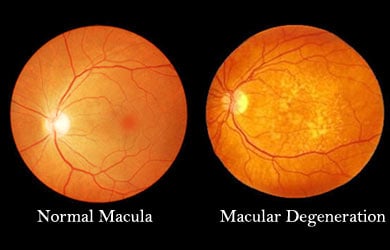- What is an optometrist? - (http://www.college-optometrists.org/en/college/about-optometry/what_is_an_optometrist.cfm)
- Anon (2010), Organization and Institution News, Plan to boost Indian optometry endorsed, Optometry and Vision Science, Volume 87, Number 7, page 520.
What is Optometry?
Optometry is an eye care specialty practiced by health care specialists known as optometrists. These specialists provide a range of health care services pertaining to eye care, but they are not physicians. The discipline of optometry includes the use of diagnostic tools for testing vision for diagnosis and under certain circumstances, for the treatment and management of ocular changes as well. The definition and scope of optometry does differ among different countries but in most countries, it is the focal point for primary vision care.

Optometrists are healthcare professionals but they are not medical doctors in the strict sense of the term. Optometrists instead get a doctorate by studying optometry in a four-year program to become ODs or doctors of optometry. Some may undergo additional training while others may not. With a doctorate in optometry, optometrists are licensed to practice with the focus on vision care and diagnostics. Optometrists can also detect eye abnormalities and make certain prescriptions, but for most serious cases, they will refer you to an ophthalmologist.
When Should One Visit an Optometrist?
Our visual senses aren’t just critical for our survival; they also greatly enhance our quality of life. Most of us tend to take our vision for granted, but it is important to get it tested regularly as damage to the eyes is not always reversible. All adults should visit an optometrist regularly to make sure that prescriptions are up to date and also to detect any early signs of ocular disease. Periodic tests for children are also advisable because eye health is crucial to normal vision development and the academic performance of a child. Learning problems that develop in childhood are often traced back to undiagnosed vision problems. While you may expect your child to inform you about visual problems, a child with visual problems will not know that there is any difference between his /her vision and ‘normal’ vision.
Services Covered by Optometry
Optometry is not regulated across the world in the same manner but the services provided through the discipline usually include the following:
- Eye exams and diagnostic tests.
- Detection and treatment of conditions like myopia, hyperopia and astigmatism.
- The prescription and fitting of contact lenses or glasses.
- An optometrist may also provide you with vision aids and some form of vision therapy.
- The detection and diagnosis of visual abnormalities and conditions like glaucoma, macular degeneration and cataracts, among other conditions, is an important feature of the discipline.

- In certain countries and in certain states in the US, optometrists may also prescribe certain medications.
- Optometrists often work closely with ophthalmologists and generally play an important role in patient care, both before and after surgery.
- In some parts of the world, optometrists are also allowed to perform specific types of laser surgery.
India has a terrible dearth of quality optometrists because of a scarcity not just in numbers, but also in terms of training. According to estimates made in 2010, India’s population would need over 110,000 optometrists to cater to eye care needs, but instead has just 9000 optometrists. This shortage is because of the scarcity of schools that provide quality education with 4 year courses in optometry along internationally accepted standards. Most eye care needs in India are instead addressed by eye care personnel who simply undergo a 2 year training program.





